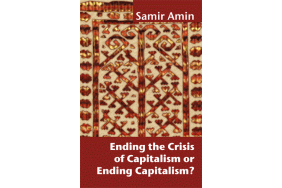The mission creep in the western military intervention in Libya shows how narrow geopolitical interests, even at the risk of creating another Iraq or Afghanistan, are driving a professed humanitarian campaign. From initially seeking to protect civilians to now aiming for a swift, total victory (…)

